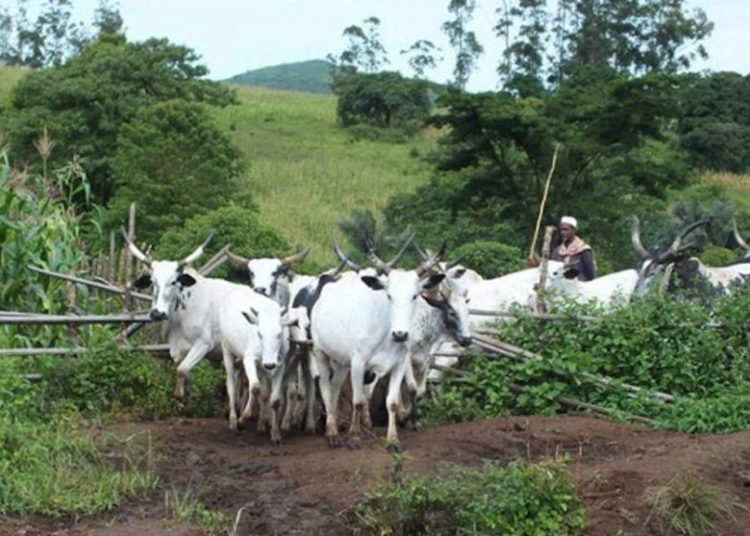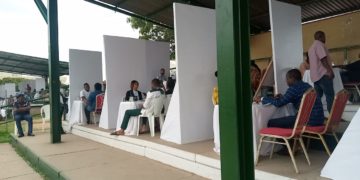The federal government, stakeholders, including Israeli experts are exploring technology-driven initiative aimed at improving pasture production, commercialisation and reduction of the drivers of farmer-herder conflicts across Nigeria’s semi-arid zones.
At the opening of a workshop on “Technologies for Sustainable Pasture Production and Management in Nigeria”, held yesterday in Abuja, the minister of Livestock Development, Idi Mukhtar Maiha, represented by Dr Ishiak Bello, said the programme signalled a shift toward climate-smart livestock practices that could transform the nation’s agricultural landscape.
“This timely initiative is both forward-thinking and critical to the future of livestock productivity, food security, and peaceful coexistence, innovation and collaboration must become our most potent tools as we confront challenges from overgrazing to climate-induced stress and growing tensions over scarce pastoral resources”, the minister said.
The workshop is a joint effort of the World Bank and the Livestock Productivity and Resilience Support (L-PRES) Project to deploy technology-driven solutions to revive Nigeria’s threatened pasturelands.
It featured Israeli experts and stakeholders showcasing pasture improvement technologies aimed at commercialising grass feed production in Nigeria to reduce conflict over grazing lands.
The national coordinator of L-PRES, Dr Sanusi Abubakar, said the core aim is to provide livestock farmers across 20 states with access to modern pasture production technologies from countries like Israel, Brazil and the Netherlands.
According to him, the programme seeks to transition pastoral farming into a commercially viable enterprise by reducing pastoralist movement, boosting productivity and promoting peace.
“In Nigeria, two key drivers of conflict in livestock production are water and pasture, we are addressing pasture with this workshop, the idea is to commercialise pasture, just like poultry feed, so that livestock farmers can reduce roaming, which often leads to clashes.
This workshop is a crucial step in exploring innovative and climate-resilient technologies that will not only restore degraded pastures but also enhance livestock productivity and reduce conflicts over grazing resources,” Dr. Abubakar said.
Backing the initiative, World Bank task team leader, Dr Chidozie Anyiro, noted that the workshop is fully sponsored by the World Bank with funds secured from the Israeli government.
He emphasised that the technologies presented especially those involving irrigation and drought-resilient pasture would support productivity and mitigate conflict.
“This workshop aims to make pastoralism a sustainable business, we are introducing irrigation, water access, and productivity-enhancing technologies to ensure pasture can thrive even in arid regions”, Anyiro said.
Representing the Israeli government, Daniel Werner, head of foreign relations and international cooperation at Israel’s Ministry of Agriculture and Food Security, pledged support for Nigeria’s livestock transformation.
“Pasture lands are facing new threats from overgrazing and climate change, we are proud to share Israel’s innovative solutions to help Nigeria restore these ecosystems and build sustainable livestock systems”, Werner said.





